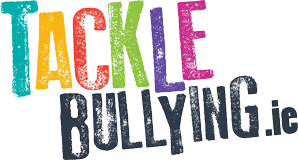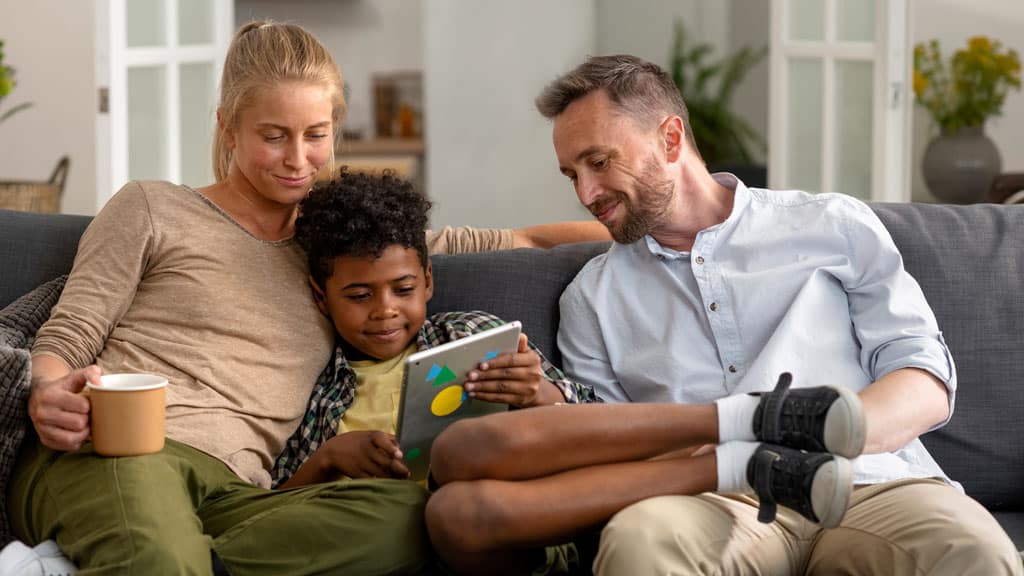In this world driven by technology, it is more important than ever to guide young people with more than just the ability to “use” the Internet. Teaching young people about Internet ethics is like giving them a compass to navigate the digital world responsibly and respectfully. Internet ethics go beyond clicking “accept” on terms and conditions. By instilling these values, we empower young people to become ethical digital citizens, contributing positively to the online community.
Steps parents and caregivers can take to help guide children online
Embracing the Role of Digital Mentors – Start by explaining the concept of parents and caregivers as digital mentors. Illustrate how they can empower young people to become responsible digital citizens by providing guidance, setting boundaries, and promoting healthy tech habits.
Open Communication and Active Listening – Encourage young people by establishing open lines of communication about their digital experiences. Create a safe space for young people to share their online activities, concerns, and questions. Actively listen to their perspectives and experiences in the digital world.
Setting Healthy Boundaries – Guide young people in setting appropriate boundaries for screen time, online interactions, and content consumption. Collaborate with young people to establish rules regarding the devices they use. Discuss the importance of balancing screentime with other activities.
Model Responsible Digital Behaviour – Highlight the significance of modelling responsible digital behaviour as parents and caregivers. Demonstrate respectful online interactions, fact-checking, and credible sources in which they get their information from. Avoid excessive screen time and prioritise face-to-face interactions.
Exploring Online Together – Encourage young people to explore the digital world together with their parents and caregivers. Discover educational apps, websites, and online resources. Use online platforms to engage in shared interests, such as watching educational videos or learning new skills.
Discussing Digital Literacy and Online Safety – Open up discussions about digital literacy and online safety. Educate young people about privacy settings, securing passwords, and recognizing potential online risks. Share stories and news articles that highlight the importance of critical thinking online, again from credible sources.
Encouraging Creativity and Critical Thinking – Guide young people in fostering creativity and critical thinking through digital activities. Encourage young people to create their own content, such as videos, blogs, or artwork. Discuss current events and controversial topics to promote well-rounded perspectives.
Balancing Virtual and Real-World Interactions – Discuss the value of balancing virtual interactions with real-world connections. Organise outings, game nights, or outdoor activities to strengthen relationships offline. Teach young people that online interactions should complement, not replace, face-to-face interactions.
Supporting Digital Passion Projects – Empower young people to pursue digital passion projects. Help them explore coding, digital design, or content creation to understand more about the Internet and have some background information. Offer guidance and resources to nurture their interests.
Creating a Digital Mentorship Plan – Collaborate with young people to create a personalised digital mentorship plan. Set goals for digital learning, responsible behaviour, and well-being. Revisit and adjust the plan periodically based on evolving needs.

